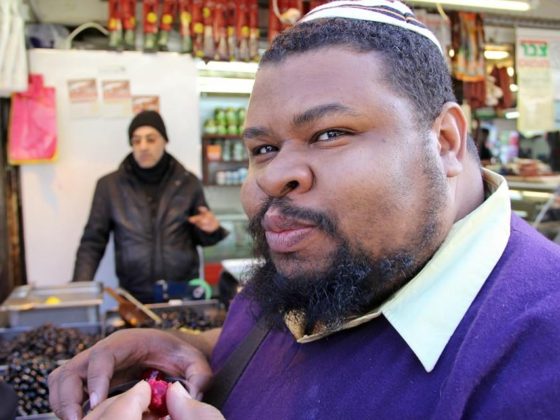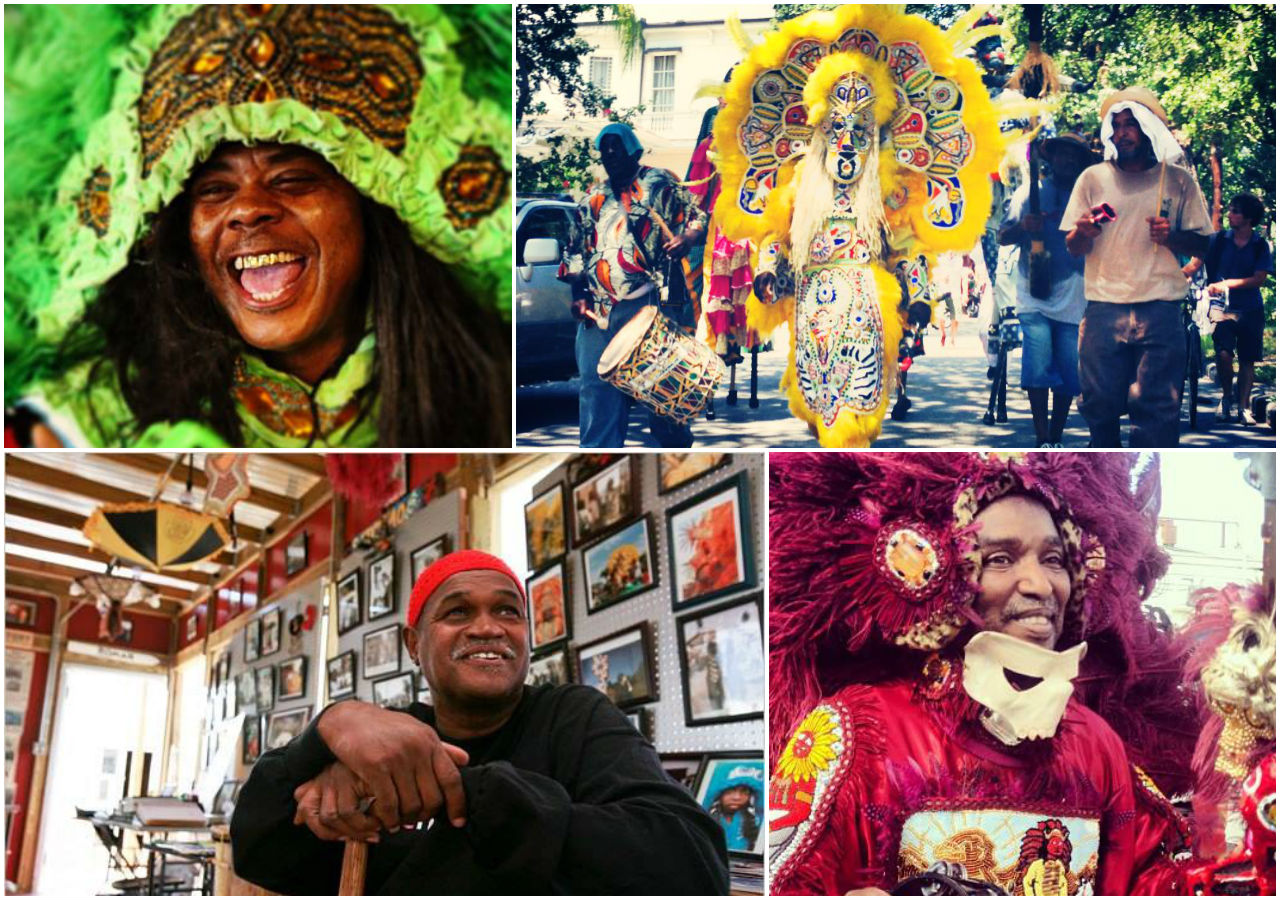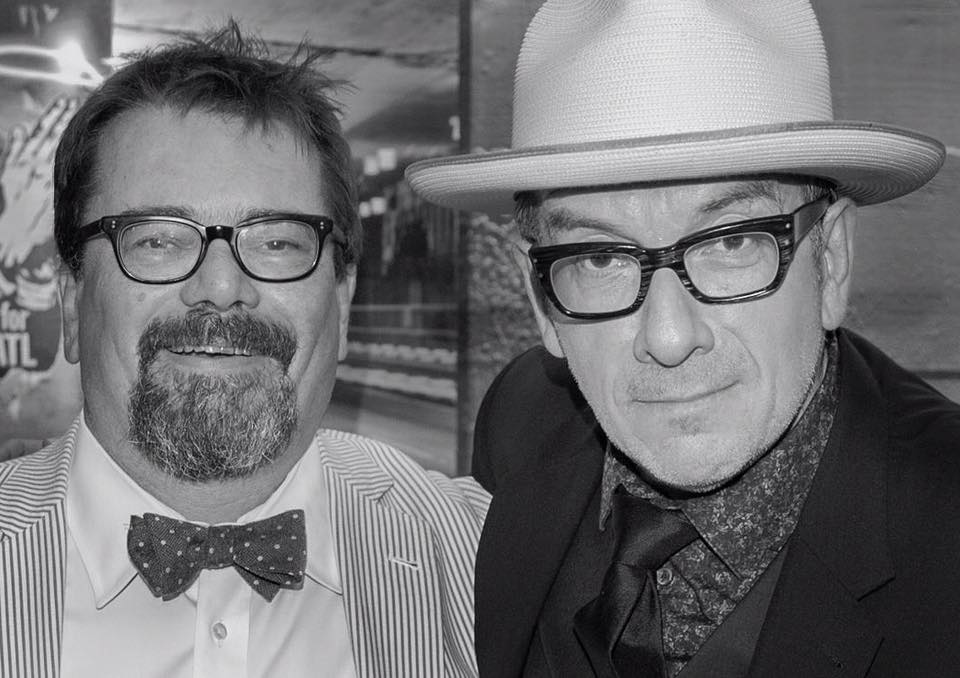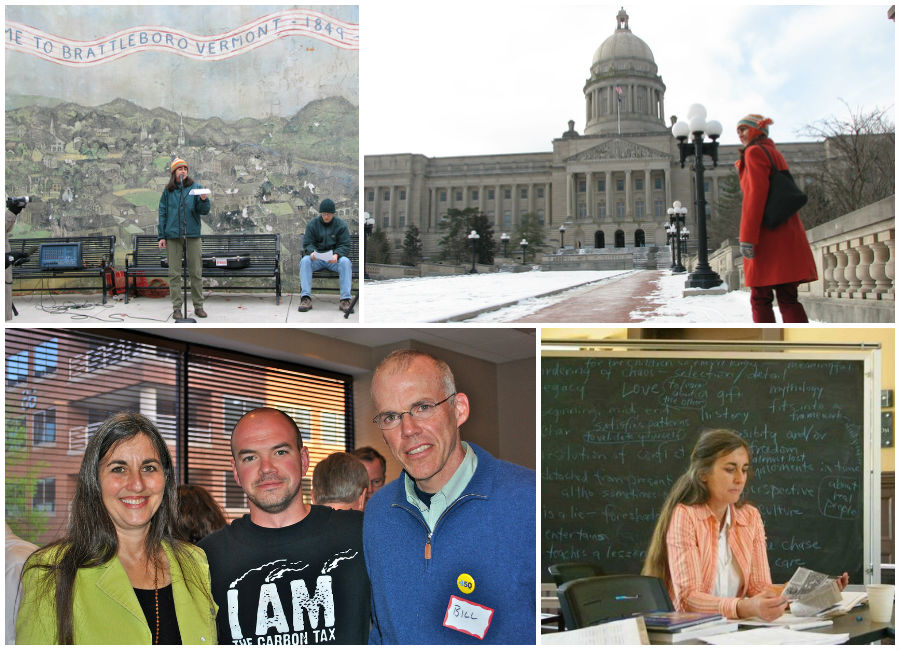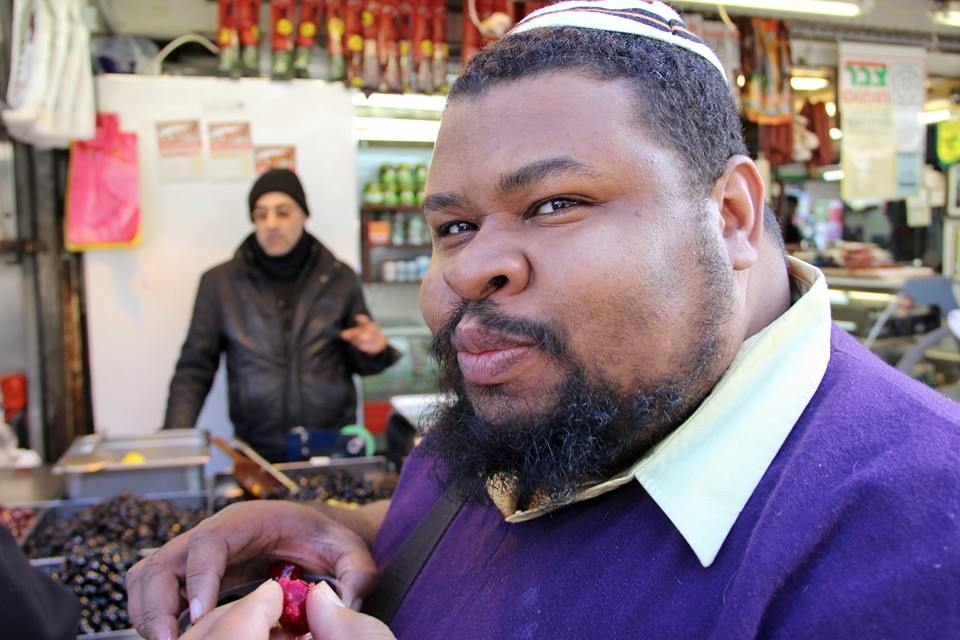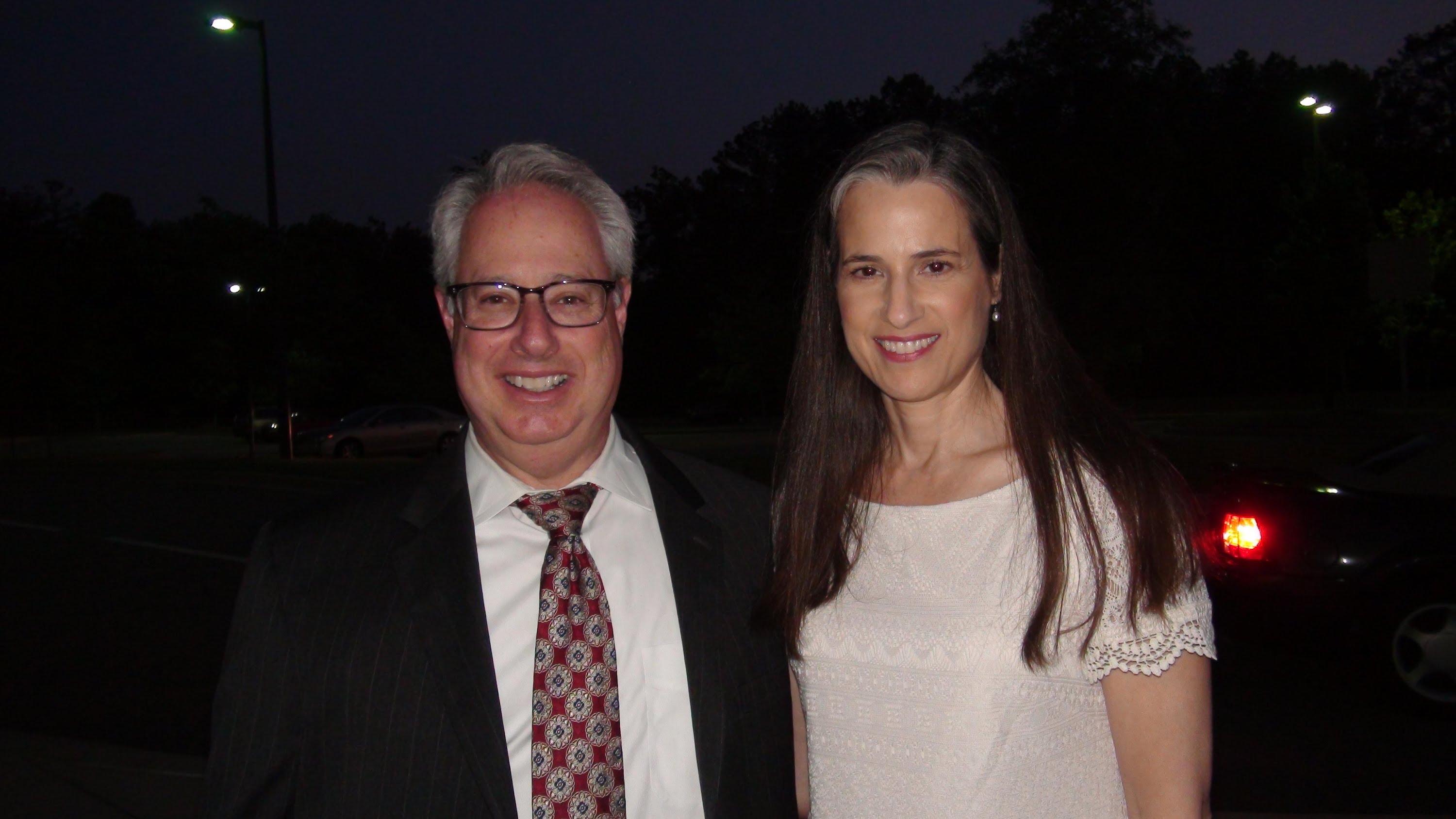1. Ronald Lewis and New Orleans street culture
Mr. Ronald Lewis of the Lower 9th Ward in New Orleans is preserving the living street culture of the city. In New Orleans, music, parades, second lines, Mardi Gras and all the krewes and social aid groups that support those activities aren’t just fun — they are the very fabric of the community. But tourists tend to just flock to Bourbon Street and only see a skewed version, so Lewis is trying fighting the cheapening of New Orleans culture. Lewis’s resume reads like New Orleanian royalty — he’s a founder and former chief of the Mardi Gras Indian tribe the Choctaw Hunters, president of the Big Nine Social Aid and Pleasure Club and the 2008 King of the Krewe de Vieux. Any local seeing those names would know this is somebody whose roots go deep into the city.
